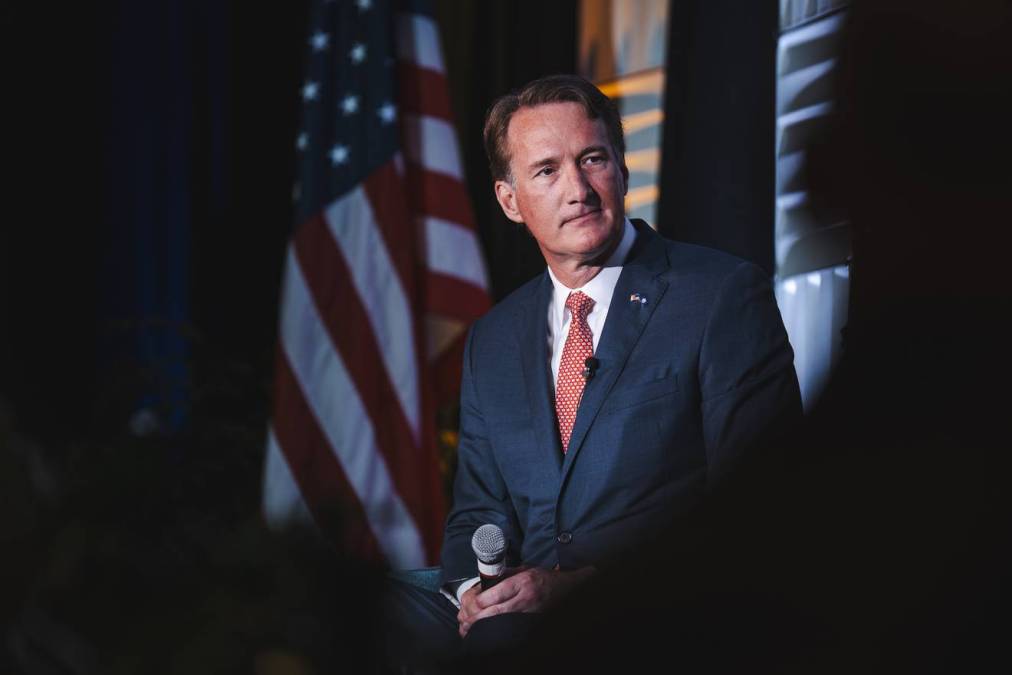Gov. Youngkin signs order to strengthen Virginia’s election security

Virginia Gov. Glenn Youngkin signed an executive order Friday aimed at boosting the state’s election security. The order directs the Department of Elections and other agencies to update safeguards that protect voter data, voting machines and election systems from cybersecurity threats.
Youngkin’s order also calls for stronger cybersecurity protocols, regular system testing, and closer coordination with state and local election officials.
The governor’s office said the move is part of a broader effort to give Virginians more confidence in the fairness and accuracy of local, state and federal elections.
“Free and fair elections are the bedrock of our democracy. That’s why it is so important that we do everything we can to make our elections as secure as possible, ensuring that our lists are accurate and our systems are reliable,” Youngkin said in a press release. “Virginia has paper ballots, counting machines and not voting machines, no internet connections, along with extensive procedures to remove ineligible individuals from the voter rolls.”
The order tasks election officials with ensuring that voter data is shared securely and that ineligible voters are removed from the rolls through the expanded use of the Department of Homeland Security’s Systematic Alien Verification for Entitlements database.
It also requires the Virginia Fusion Center and Department of Emergency Management to conduct a statewide election preparedness exercise before early voting begins, to test coordination, response plans and communication across agencies.
Youngkin’s order is the latest in state efforts to strengthen voting systems ahead of the 2026 midterms. Ohio Secretary of State Frank LaRose issued a new security directive in June for the state’s 88 boards of elections to strengthen their physical security, bolster their cybersecurity practices and comply with Americans with Disabilities Act requirements. In May, Washington state passed a law creating several new requirements for government offices involved in elections. The law called for the adoption of the .gov top-level domain for their websites, partitioning of election equipment from other “supporting electronic infrastructure” and a new breach reporting process by July 2027.






